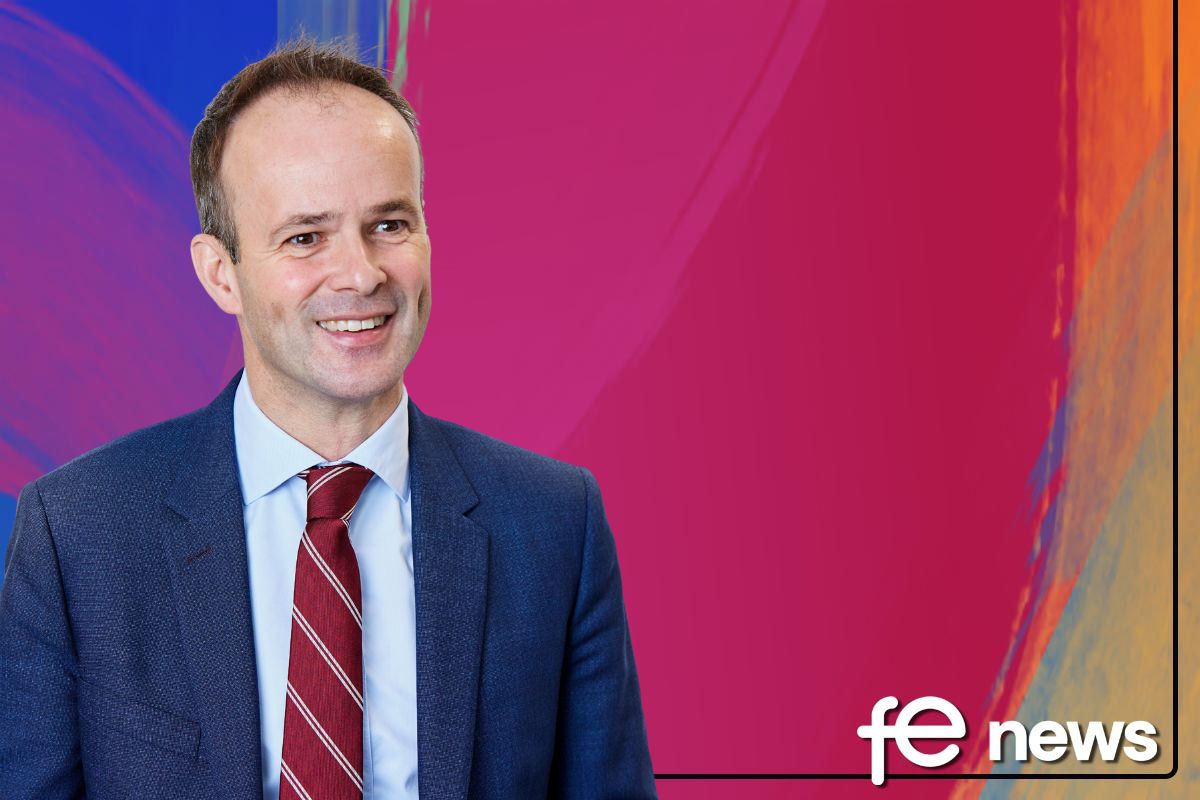Bright Futures’ research sheds light on greens skills needed to transform energy workforce

City & Guilds calls for urgent action to help meet workforce challenges as the UK transitions towards a low carbon economy.
In April 2022, the Government released its British Energy Security Strategy, setting out its aim for 95% of British electricity to be low carbon by 2030, for full decarbonisation of the electricity system by 2035, and for the UK to reach Net Zero by 2050.
Meeting the Low-Carbon Future: Bridging the Skills Gap
Phasing out high carbon energy sources such as oil and gas, and dramatically scaling up low / zero carbon energy sources such as nuclear and hydrogen, is fundamental to achieving this aim.
Worryingly, what’s less widely recognised or understood right now is the dramatic shift in skills and labour markets needed to underpin the move to a low carbon future. The impact will be felt across many sectors: according to research by the Place-based Climate Action Network (PCAN), around 6.3 million jobs in the UK – roughly one in five – will be affected by the transition, with millions of workers experiencing changes in demand for their skills.
To rise to this challenge, it’s clear we need a skills system that’s capable of supporting a broad and diverse range of new entrants into the sector, whilst also helping those already in the sector to transition to high-demand roles; roles where their existing skills – supported by supplementary training and certification – will be essential if we’re to meet our targets as a country.
Yet at the moment there is a mismatch between the ambitions for change, and the support needed if our skills system is to get us there.
Bright Futures: Decarbonising the UK’s Energy Workforce
Our latest report, ‘Bright Futures: Decarbonising the UK’s Energy Workforce’, explores this mismatch and examines the barriers facing workers in key sectors. The results are concerning, with only 33% of the workers we surveyed believing they have the skills they need to secure a job in the emerging green economy, and only a quarter (26%) of workers saying they know where to go to gain those skills.
It perhaps shouldn’t come as a surprise that workers are confused when the policy environment itself is so uncertain, seemingly driven by the short-term vagaries of party-politics rather than the long-term planning we need; the headlines following recent bi-election results are a case in point.
That’s why City & Guilds is calling for urgent steps to be taken to give the clarity, commitment and collaboration so vital for our skill system to rise to the net zero challenge:
- First, Government should lead the charge by providing more certainty about the long-term future direction of the UK’s energy industry, working in partnership with business to unlock the skills required to achieve this. We are calling for a green skills roadmap running to 2035 as part of a national strategy for inclusive growth;
- Second (and to support this), there should be a joint minister for green skills development across the Department for Education, Department for Business & Trade, Department for Energy Security & Net Zero and HM Treasury to ensure that the right focus and investment is placed on this agenda and that plans are not created in isolation;
- Third, we need clear and transparent monitoring of low carbon skills requirements and developments in line with the move to net zero through a government-backed annual state of the nation report. This should be aligned with national infrastructure plans and reporting from the National Infrastructure Commission. It should include data on investment and skills gaps across sectors and regions, as well as employer progression towards shifting to green jobs, all set in the context of the wider transition;
- Fourth, we need real focus on lifelong training pathways to upskill and reskill new or existing employees, with employers opening their doors to a wider pool of diverse candidates who can be trained on the job. To support employers, the Government should:
- revisit tax incentives for investing in training, and enable more funded flexible learning opportunities to ensure the opportunity to reskill and retrain is available to our existing and emergent talent pools to transition to greener jobs;
- expand the Lifelong Learning Entitlement (LLE), broadening availability across more skill levels and allowing greater flexibility in the types of courses to include bitesize and digital training that allows people to update their skills more easily in high demand areas throughout their careers;
- continue to innovate in funding in areas such as Skills Bootcamps – the ‘Skills Bootcamp’ model is a great example of policy in practice: short, concentrated skills programmes, bringing together employers, learners, and providers with a true focus on employment outcomes. We need to see much more innovation of this type in future.
Paving the Way to a Green and Skilled Future
As a global skills organisation, we at City & Guilds recognise our own role in this period of economic and productivity growth. We already promote a wide range of green skills qualifications, including in areas such as EV Charging and retrofitting to meet future skills need in these areas; we’re leading exciting programmes to support people who face barriers to the workplace to receive training in key skills areas – just one example is the skills training we deliver in prisons, backed by major employers, to take people into employment immediately on release; and we have made a series of investments in businesses that will play a key role in supporting the decarbonisation of the energy sector and the road to net zero.
We all have a part to play: government, employers, those in the education sector, and the workforce at large. By working together, I am confident that we will be able to effectively reskill and recruit the workers so essential to our path to a cleaner, brighter future. But we need to act – and act now – because the hourglass is set, and time is running out.

City & Guilds
FE News on the go…
Welcome to FE News on the go, the podcast that delivers exclusive articles from the world of further education straight to your ears.
We are experimenting with Artificial Intelligence to make our exclusive articles even more accessible while also automating the process for our team of project managers.
In each episode, our thought leaders and sector influencers will delve into the most pressing issues facing the FE sector, offering their insights and analysis on the latest news, trends, and developments.











Responses